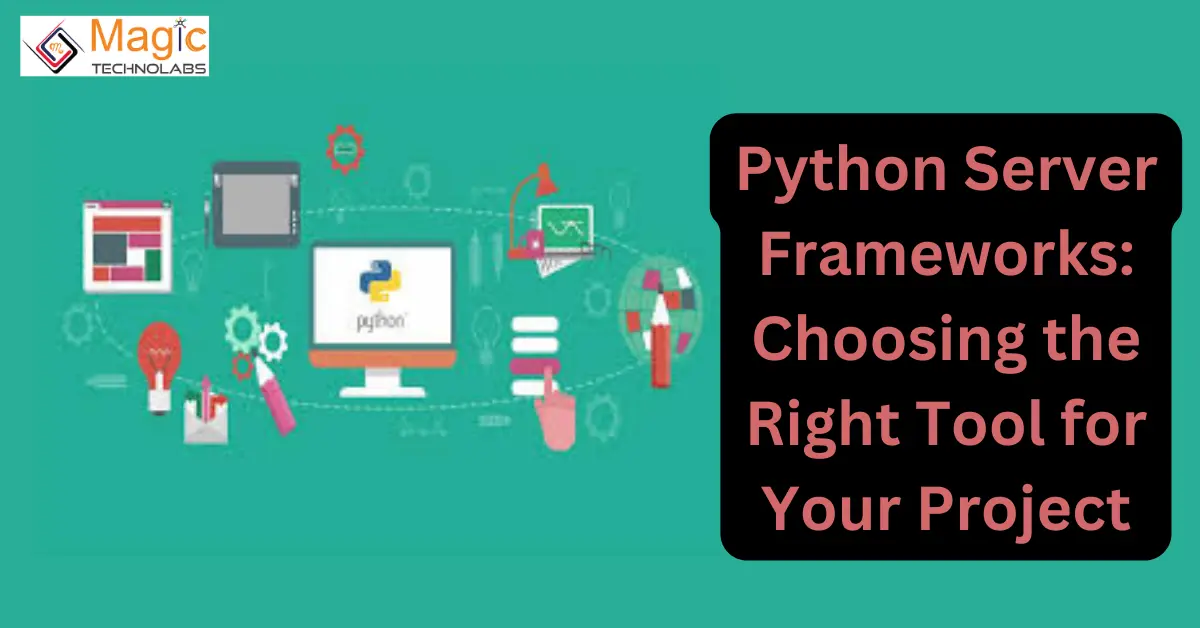Choosing the right Python server framework is crucial for the success of your project. With a plethora of options available, each with its own strengths and weaknesses, it's essential to evaluate your project requirements and select the framework that best aligns with your goals. In this blog post, we'll explore some popular Python server frameworks and provide guidance on how to choose the right tool for your project.
1. Django: Django is a high-level web framework that prioritizes simplicity, flexibility, and scalability. It comes with a wide range of built-in features, including an ORM (Object-Relational Mapper), admin interface, and authentication system, making it ideal for building complex, data-driven web applications.
2. Flask: Flask is a lightweight and flexible micro-framework that prioritizes simplicity and minimalism. It provides the essentials for building web applications without imposing rigid structures or dependencies. Flask's simplicity and extensibility make it a popular choice for small to medium-sized projects and prototyping.
3. Fast API: Fast API is a modern, fast (high-performance), web framework for building APIs with Python 3.7+ based on standard Python type hints. It's particularly well-suited for developing asynchronous APIs, thanks to its integration with the asynchronous framework, Starlette.
4. Tornado: Tornado is a scalable, non-blocking web server and web application framework. It's known for its high performance and support for asynchronous programming paradigms. Tornado is often used for building real-time web applications and APIs that require high concurrency and low latency.
When choosing a Python server framework for your project, consider factors such as project requirements, development speed, scalability, and community support. If you're building a large-scale, data-driven web application, Django's comprehensive feature set and batteries-included approach may be the right choice. For smaller projects or APIs, Flask's simplicity and flexibility may be more suitable. FastAPI is an excellent option for building high-performance, asynchronous APIs, while Tornado is ideal for real-time web applications with high concurrency requirements.
By carefully evaluating your project requirements and considering the strengths and weaknesses of each framework, you can choose the right Python server framework to power your project to success.
















